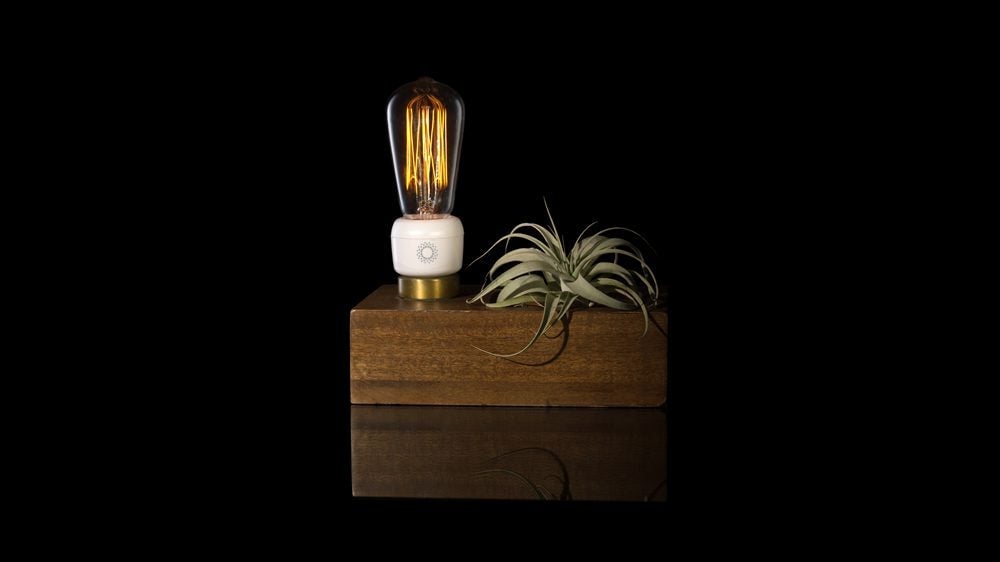An internet of things flop means some connected lights won’t work anymore
A 2014 Kickstarter-backed company has folded, and it’s leaving customers in the dark.


A 2014 Kickstarter-backed company has folded, and it’s leaving customers in the dark.
Emberlight, a startup that raised $300,000 to make a smart light socket that works with any traditional bulb, emailed its customers Thursday (Nov. 16) to say it was shutting down due to pressure from big competitors and imitators. But unlike a company that sells independently operating computer keyboards, there is a headache for customers with Emberlight smart sockets: every time a customer wants to turn on a light, it requires the company’s cloud service to process the command.
If there’s no company paying to keep the cloud service running, the product doesn’t work.
This isn’t the first time something like this has happened—in 2014, Google-owned Nest acquired the company Revolv, which made a gadget that linked smart lights, thermostats, and locks. Two years later, it turned off its cloud service, rendering Revolv products useless.
Ownership doesn’t mean what it used to in the age of the internet. You might own a physical piece of a digital system, but every smart product purchased locks you into a software ecosystem that you have little control over. If a contractual, financial, or political dispute caused Amazon’s Echo products to stop supporting my Phillips Hue lights, I’d be in the same boat as the good people who backed the scrappy smart socket Kickstarter in 2014.
When looking to buy smart products this holiday season, it’s not enough to just like the features of the product—it‘s worth thinking twice about its chances of survival among a constellation of other connected products. Having the funding to keep the lights on is always a good start.